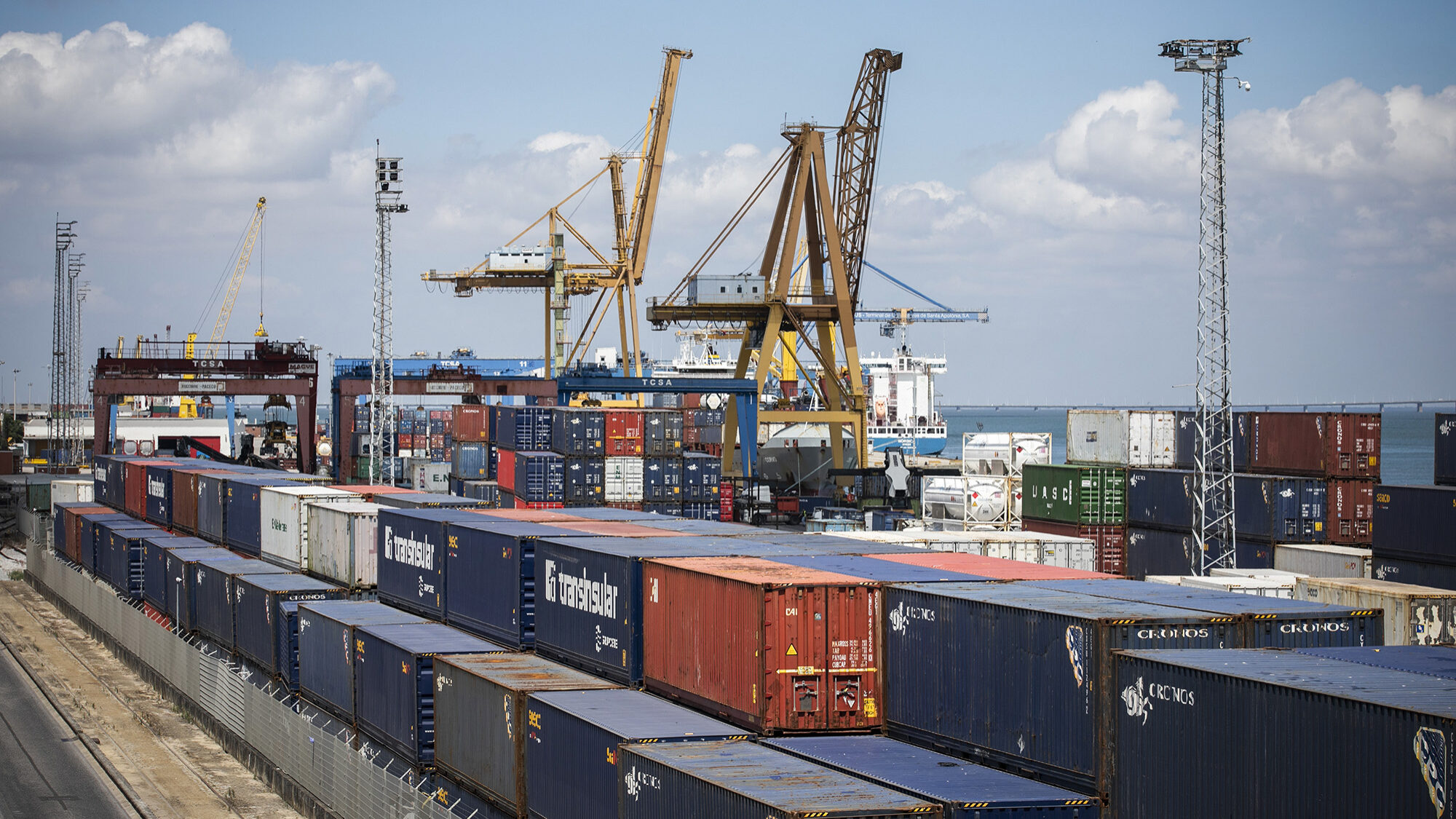Portugal expected to maintain 1.9% GDP growth in 2025, 2026 – OECD
The OECD's new economic forecasts put Portugal's growth at 1.9% this year and in 2026, and a return to a budget deficit next year of 0.3% of GDP.
Portugal is expected to maintain the 1.9% growth rate recorded in 2024 this year and in 2026, according to the latest outlook from the Organisation for Economic Co-operation and Development (OECD) released on Tuesday.
The organisation states that “the tight labour market, increases in the minimum wage and the decline in historical savings levels will boost private consumption”. “Faster implementation of the Recovery and Resilience Plan (PRR) will boost consumption and public investment”, it adds.
Referring to exports, the OECD predicts that growth will continue to slow due to the slowdown in global demand, increased trade barriers and the 10% tariff imposed by the US on imports of Portuguese products, particularly steel and cars.
“Portuguese exporting companies are faced with a 10% base tariff imposed by the United States and specific customs duties on steel, aluminium and the automotive industry”, says the organisation, adding that “although direct exports of goods and services to the United States account for only 2.8% of GDP, Portugal also faces lower external demand from its main European trading partners”.
Regarding the inflation rate in Portugal, which stood at 2.7% in 2024, the OECD forecasts a decline to 2.1% this year and in 2026. “With import prices rising and labour demand remaining high, inflation will slow only slightly to 2.1% in 2026,” it said.
The organisation states that fiscal policy will remain expansionary and that the implementation of the Recovery and Resilience Plan (the EU bazooka funds for post pandemic economic recovery) and the reduction of taxes on households and businesses will increase domestic demand, while persistent budget surpluses will lead to a decline in public debt to 89.8% of GDP in 2026 (Maastricht definition).
The OECD argues that investment and productivity in Portugal would be stimulated by “reducing barriers to entry in the services sector, particularly retail trade, further simplifying regulation, improving advisory services for students and workers and the provision of childcare services”.
“In the medium term, systematic public expenditure reviews would help address the growing pressures on spending arising from the ageing population and large investment needs,” it concludes.
For the euro area as a whole, the OECD forecasts 1% growth in Gross Domestic Product (GDP) this year.




